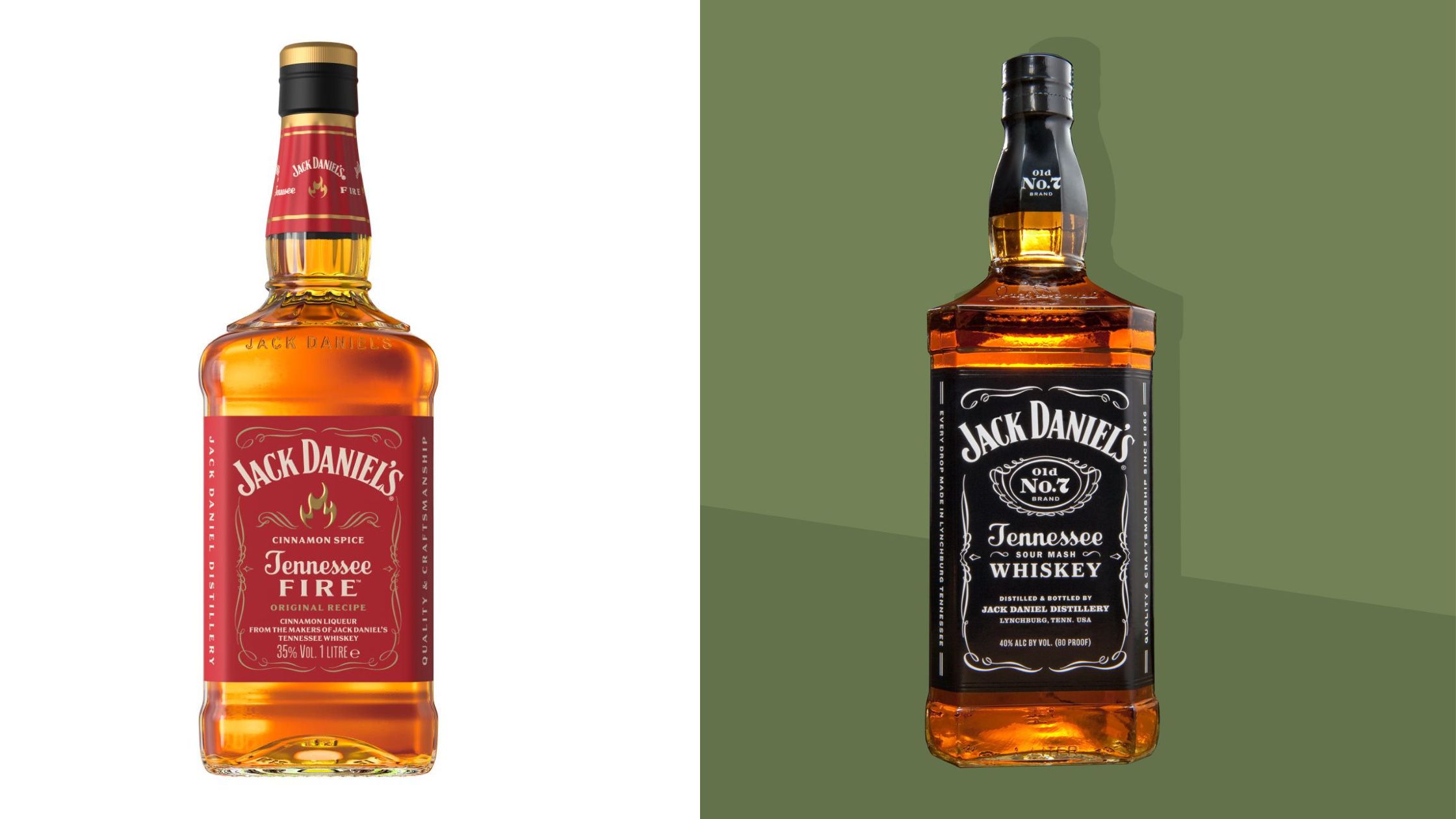Wild Turkey 101 Review: The Strongest Bourbon?
2026-02-03

When we speak of iconic American spirits, no distilled beverage comes nearer to representing the United States than whiskey. While rapids distillation goes back to European settlers, today's whiskey business is defined largely by the traditions of distillers in Kentucky and Tennessee. Bourbon and Tennessee whiskey are now two of the most famous and most-drunk forms of whiskey, with big brands like Jim Beam (bourbon) and Jack Daniel's (Tennessee whiskey) taking the market share.
What is the actual difference: bourbon versus Tennessee whiskey? This article will discuss the differences between the two famous whiskeys and elaborate on their production, their habitat, and what makes them special.
To get a clearer picture of Bourbon vs. Tennessee whiskey, let’s start with some key facts:
With this foundation, we can dive deeper into the heart of what separates these two whiskey styles.
Bourbon is an integral part of American heritage. Congress recognized this when, in 1964, it declared it to be our official "National Spirit.". According to Bernie Lubbers of Heaven Hill distillery (known as "The Whiskey Professor"), its legal framework protects both quality and authenticity during production: at least 51% corn must be distilled with additional types such as as as malted barley or wheat being blended in, then distilled to no higher than 160 proof before ageing in new, charred oak barrels according to regulatory compliance, says Lubbers.
But what sets Bourbon apart beyond its technical requirements? While commonly associated with Kentucky, bourbon can be produced throughout the U.S. as it has many varieties with distinct flavor profiles that reflect each region—often including vanilla, caramel, and oak notes in full-bodied whiskies sourced from charred barrels that impart those signature characteristics while maturing the whiskey.
Tennessee whisky vs. bourbon debates often revolve around these distinctive ingredients, yet when produced in Kentucky--its heart of bourbon country--bourbon's unique character can truly shine through in its bold and complex flavors.
At first glance, Tennessee whiskey may appear similar to any other bourbon variant. But according to Victoria Eady Butler of Uncle Nearest Premium Whisky, Tennessee goes further by including the Lincoln County Process, which filters through sugar maple charcoal before aging for a smoother and more refined taste.
Tennessee whiskey must fulfill all the same criteria as bourbon, yet the Lincoln County Process gives it its distinctive character. Butler's great-great-grandfather Nearest Green created and perfected this process, adopted later by Jack Daniel's, and cemented Tennessee whiskey's reputation for smoothness. "Charcoal filtering method adds depth to whiskey while softening any harsh notes," according to Butler.
Nearest Green was inspired to develop The Lincoln County Process after seeing how charcoal purification techniques in West Africa purified water supplies and found similar benefits could apply to whiskey as well. He found this led to Tennessee whiskey having softer mouthfeel compared to bolder and spicy notes found in bourbon.
One of the key differences between Tennessee whisky and bourbon production lies in its distinctive method of filtration: by filtering Tennessee whiskey through charcoal filters, distillers remove impurities and harsh flavors that arise during fermentation and distillation, leading to an overall smoother spirit that's often easier on the palette.
Although Jack Daniel's was responsible for popularizing this process, many Tennessee distilleries now employ variations of it, leading to subtle flavor differences across brands—but all Tennessee whiskeys share one thing in common: their smoother, more refined taste sets them apart from bourbon.
Are You Wondering About the Difference Between Bourbon and Tennessee Whiskey? Smoothness is at the core of their differences; both styles share similar flavor notes such as caramel, vanilla and oak; however, Tennessee whiskey tends to have less aggressive flavors due to charcoal filtering's removal of some harsh elements found in bourbon, which tends to soften it for drinking pleasure.
No one can accuse bourbon of lacking complexity--in fact, its robust flavors come from its lack of filtration and unique barrel flavors that impart them with unique characteristics. Based on your mash bill and aging process choices, your bourbon could range from sweet to spicy with more pronounced oak notes and an enjoyable mouthfeel.
So, why do distilleries in Tennessee choose to label their products as Tennessee whiskey rather than Bourbon, especially if they meet the same criteria as Bourbon? The answer lies in tradition and pride. The Lincoln County Process is a hallmark of Tennessee whiskey, and distillers want to showcase that distinct step in production.
As Bernie Lubbers explains, "The Lincoln County Process is what makes Tennessee whiskey stand out. It’s a point of pride for the distilleries in Tennessee, and they want consumers to know that it’s what sets their whiskey apart from bourbon."
Understanding the difference between bourbon and Tennessee whiskey comes down to understanding its unique characteristics. Although both styles utilize similar ingredients and distillation processes, Tennessee whiskey's extra step—the Lincoln County Process--adds an earthier, smoother layer to its flavor profile than that found in bourbon from Kentucky or Tennessee whiskey from Tennessee, making these spirits showcase our rich heritage and craft when sipping either spirit.
So the next time someone asks about Bourbon vs. Tennessee whiskey, you'll have an accurate understanding of their respective histories, processes, and flavor profiles that define these two American whiskies while simultaneously upholding tradition.